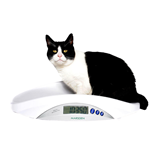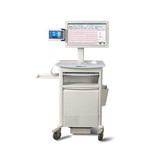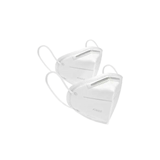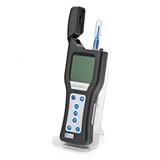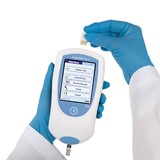Dr Ong received the award for building a simplified lung model that can tests new therapies for diseases such as asthma, cystic fibrosis, emphysema and bronchitis, without testing on animals.
The Australian Code of Practice for the Care and Use of Animals for Scientific Purposes requires that techniques which replace the use of animals in research be sought and used wherever possible. The University of Sydney offers the Reduction in the Use of Animals in Research Award as part of its commitment to the code's ethical principles.
Inhalation antibiotics have in recent years emerged as the most effective way to treat respiratory illnesses and are now a standard part of treatment for cystic fibrosis, a genetic condition which causes recurring lung infections. But there is room for improvement and this is where Dr Ong's research comes in.
Pulmonary diseases would be more effectively treated by inhalation drugs delivering higher levels of antibiotics and less frequent administration than those currently on the market. Dr Ong's research centres on the development of such drugs and she designed her lung model - the Calu-3 bronchial epithelium - to provide an effective mechanism to test her developments.
Dr Ong completed her PhD developing and testing the Calu-3 with therapies for cystic fibrosis and respiratory tract infections. She found the Calu-3 was as effective at measuring the efficacy of the drugs as testing on rats. Although further testing is needed, Dr Ong says the Calu-3 has the potential to be the 'gold standard for studies of how particulates interact in human airways'.
"I was interested in marrying my background in pharmacy together with the biological aspects of the research," she says of her doctoral research.
"Apart from removing the obvious ethical issues related to the use of animals in research, models like the Calu-3 offer simplicity, robustness and better experimental control."
Dr Ong will be presented with her award, and $4000 for the Department of Respiratory Technology at the Woolcock Institute of Medical Research, by the University's Acting Deputy Vice-Chancellor (Research) Professor Laurent Rivory who led the panel judging the award.
"The selection panel agreed unanimously that Dr Ong's application stood out both for its novelty and potential for immediate impact on the reduction of in vivo (with live animals) studies undertaken during the development stages of novel inhalable formulations, resulting in vast cost savings," he said.


